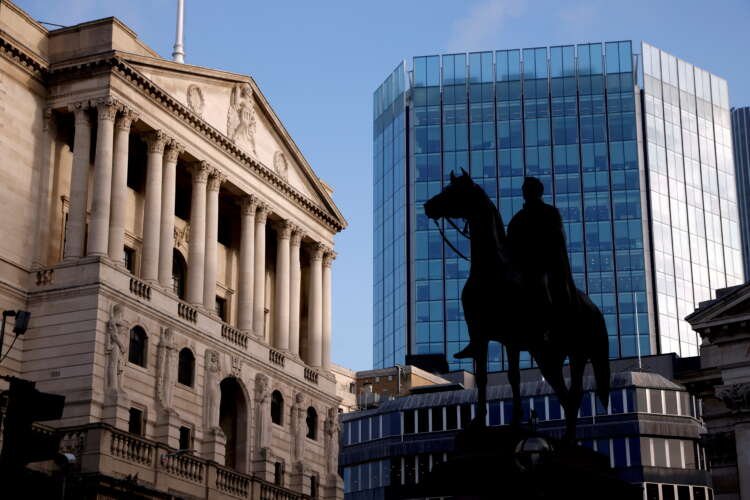Banking
Bank of England set to stay split on QE after inflation jump
Published by maria gbaf
Posted on June 21, 2021
1 min readLast updated: January 21, 2026

Published by maria gbaf
Posted on June 21, 2021
1 min readLast updated: January 21, 2026

Explore more articles in the Banking category











